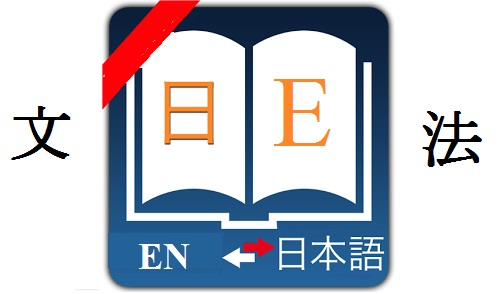Japanese てたまらない grammar tetamaranai

Let’s learn Japanese てたまらない grammar tetamaranai :
JLPT level : N3
Formation :
Aいー>Aくて+たまらない
Aなー>Aでたまらない
Vて+たまらない
Meaning and how to use :
Describe feeling, emotion, desire of the speaker at a very high level. Means “very/extremely”
For example
大阪に住んでいる友達に会いたくてたまらない。
ōsaka ni sun de iru tomodachi ni ai taku te tamaranai.
I really want to meet my friend living in Osaka.
昨日徹夜なので、眠くてたまらない。
kinō tetsuya na node, nemuku te tamaranai.
I stayed up late last night, so I’m extremely asleep today.
今朝遅刻するかもしれないと思ったので朝ご飯を食べずに早く学校に行きます。今何か食べたくてたまらない。
kesa chikoku suru kamo shire nai to omotta node asa gohan o tabe zu ni hayaku gakkō ni iki masu. Ima nani ka tabe taku te tamaranai.
This morning, I thought I could be late to school. I extremely want to eat something now.
大きいミスをした。先生が知っていたので不安でたまらない。
ōkii misu o shi ta. Sensei ga shitte i ta node fuan de tamaranai.
I have made a big mistake. Because my teacher knows, I feel really troubled.
今彼女がつまらないと言ったので、僕の冗談を聞きたくたまらないようです。
ima kanojo ga tsumaranai to itta node, boku no jōdan o kiki taku tamara nai yō desu.
She said that she is bored, so she really wants to listen to my joke.
Note: If we use this structure for the third-person we use it with “らしい”, “ようだ”, “そうだ” (like the last example)
Related structures :
above is Japanese てたまらない grammar tetamaranai. if you don’t understand the signs we used in fomation, you can find their meaning here : signs used in Japanese grammar structures.
You can search the structure you want by using the search tool on our website (using key : grammar + ‘structure name’ or you can find more Japanese grammar structures in the following category : Japanese grammar dictionary
